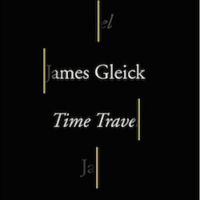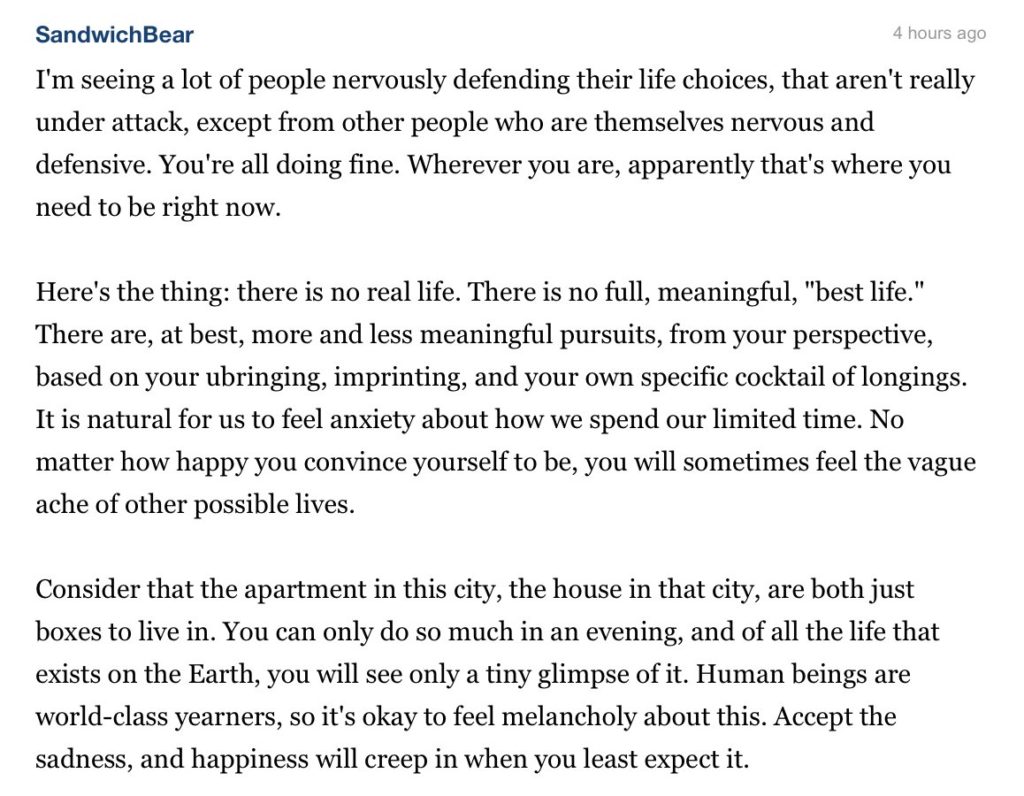“The Tao is the pattern of things, but not the enforced law. […] The universe is a harmony or symbiosis of patterns which cannot exist without each other.”
“You can’t diverge from the Tao, for everything, anything, and nothing is Tao.”
“The vague, void-seeming, and indefinable Tao is the intelligence which shapes the world with a skill beyond our understanding.”
I’m at the point in my life when I occasionally stop, turn and look back down the path, marveling at how I got from there to here. I’ve pretty much decided it’s mostly random. Luck. Being at the right place at the right time (or wrong place/wrong time). You’ve seen all the same movies I have so I don’t have to explain what I’m talking about here but I made a short list of those moments that didn’t seem momentous at the time but, in retrospect, made a big difference. Perhaps a few personal examples?
Sometime during college I drove to Columbia, Missouri to take the Law School Admissions Test. I had no interest in law schools but it was a road trip and the girl I was dating knew some people and we wound up partying all night and sleeping on the floor. Next morning I took the test and forgot about it. A couple of years later I graduated and was about to lose my draft deferment. I had applied to a couple of law schools somewhere along the way and got accepted. That kept me out of Viet Nam until Richard Nixon stopped drafting people into that loser of a war and the next day I dropped out of law school. No planning here (at least not conscious planning), just luck.
Couple of years later I applied for a job with the Memphis Police Department. Didn’t get hired so I went to work at hometown radio station. That’s where I met the guy that later hired me and changed my life big time.
What if I hadn’t gone to that honky-tonk on the night that Barb was there with friends? Easy to imagine we would have never met.
I could go on but you get the idea. All these little forks in the road. Few of them seem important and most probably aren’t but I’m only here because I was there. The randomness of this horrifying. Unless things work out well, I guess. Some will argue we are the masters of our fate. Prepare, work hard, make good decisions, etc etc. And let’s not get into Free Will.
I cannot escape the memories of those (seemingly) meaningless decisions or events that changed the course of my life. Is this wisdom? A curse? A better question is: Will I be able to spot the next LCFITR (life changing fork in the road) and would I want to if I could?



